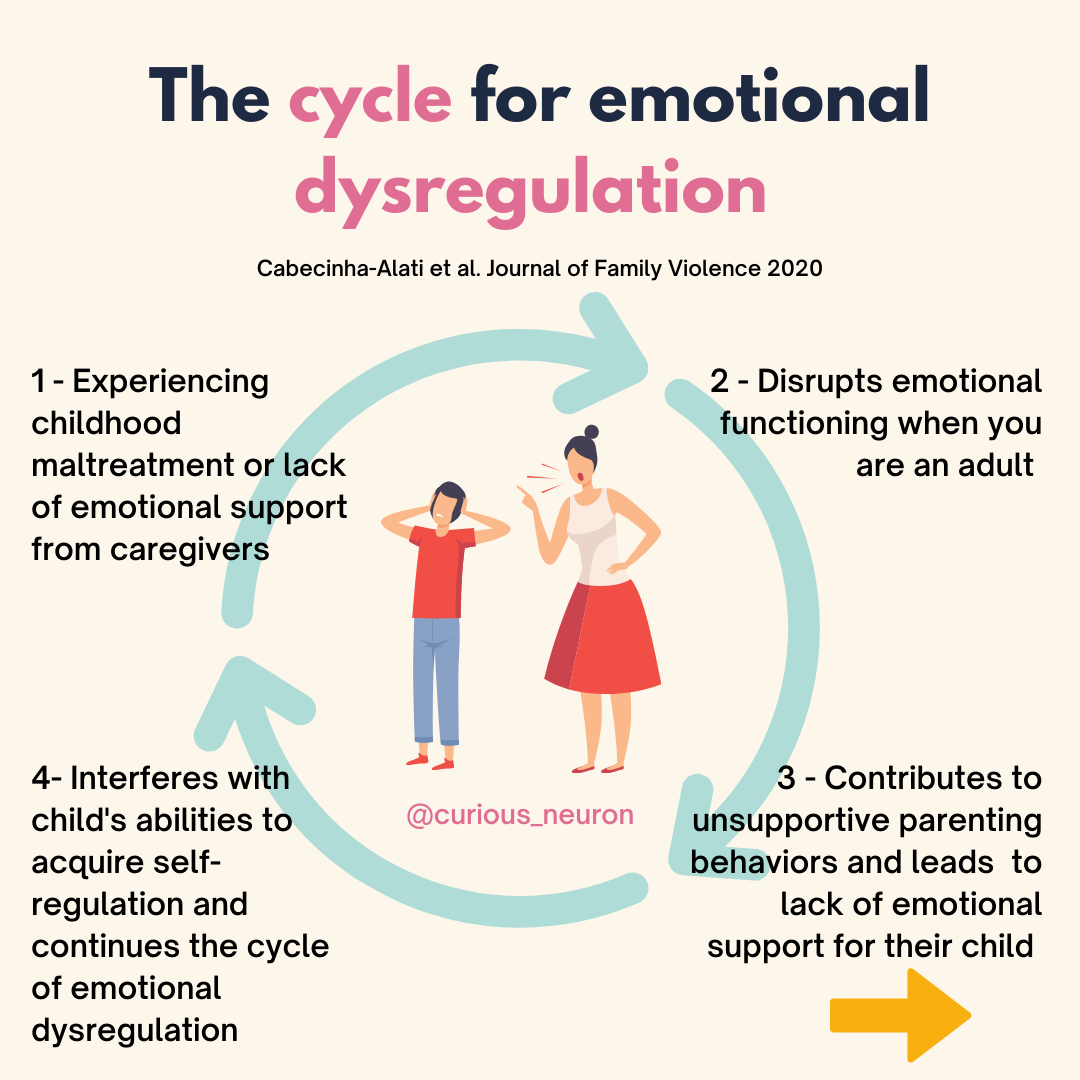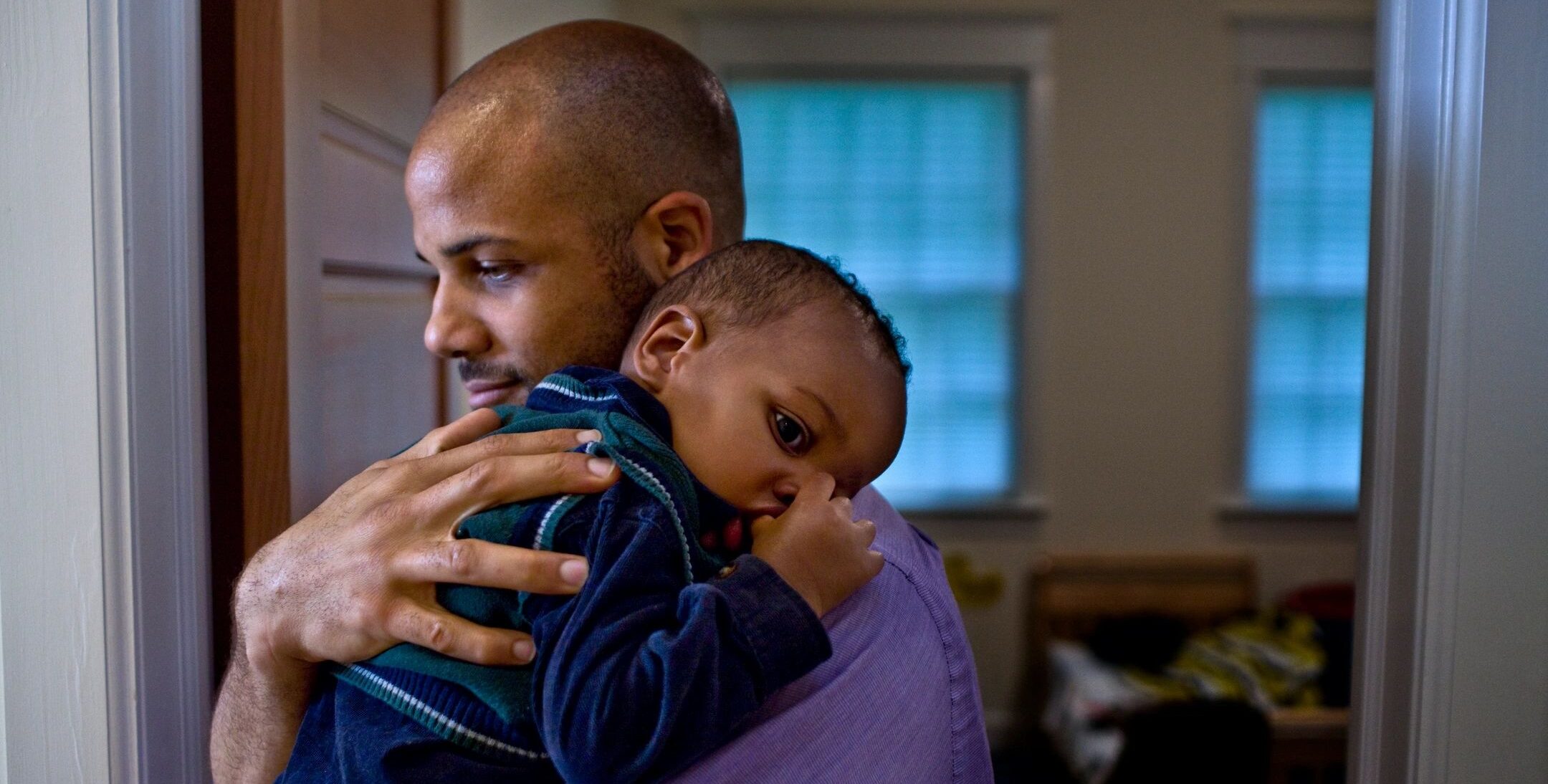Family Meeting November 8th, 2021
We covered the work of McGill University professor and psychologist, Dr. Tina Montreuil. Her lab, C.A.R.E. studies several aspects of emotion regulation skills including how a child’s environment impacts it.
Emotion regulation skills, in the context of parenting, is the interpersonal process where parents are required to regulate their own emotions while simultaneously providing support to a dysregulated child (Rutherford 2015).
These skills in children are created through their interactions with their caregivers.
Parents who struggle to regulate their emotions are more likely to engage in unsupportive parenting behaviors that compromise their child’s emotional development.
What have we learned from research?
A model that has been studied in research is the Parent Emotion Socialization model known as the Tripartite Model. These are sets of parental behaviors that contribute to a child developing emotion regulation.
Tripartite Model:
-
Observation and modeling
-
Parenting practices and behaviors
-
The emotional climate of the family
Listen to this week’s family meeting to learn more.













